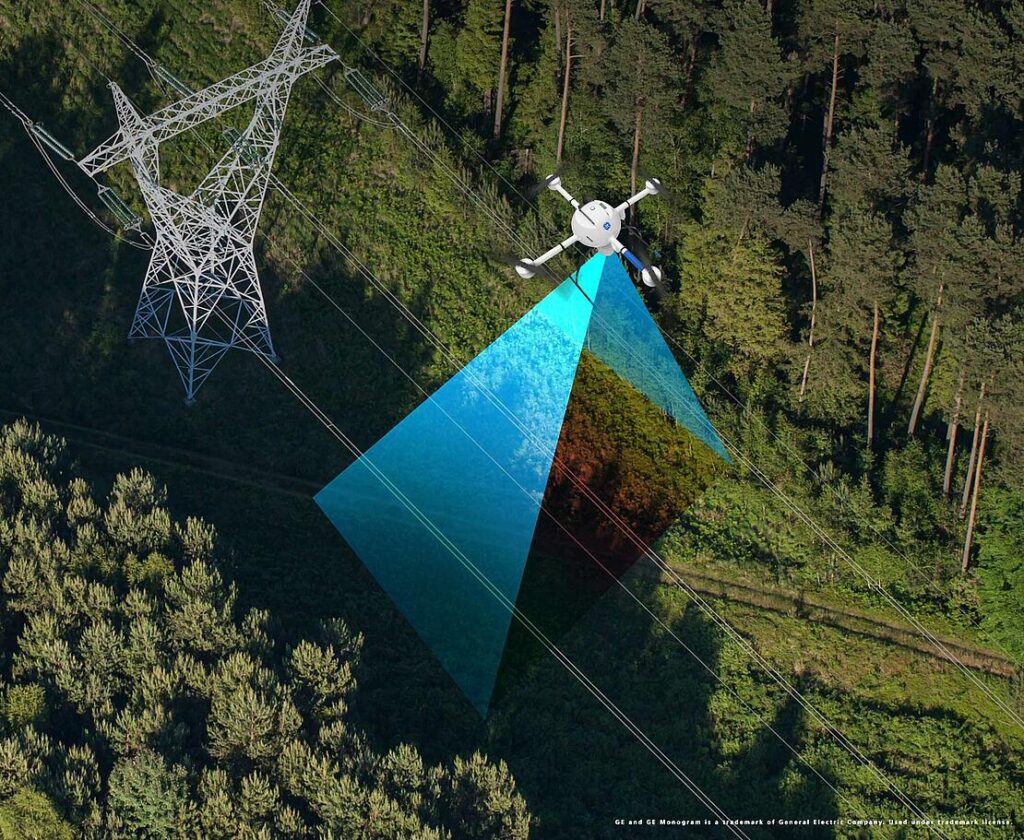
The construction industry, traditionally known for its manual labor and heavy machinery, is undergoing a significant transformation. Construction in uae with smart technologies is a gamechanger. The integration of smart technologies is not only enhancing efficiency but also improving safety, reducing costs, and minimizing environmental impact. Here are some of the most impactful smart technologies currently shaping the construction landscape:
- Building Information Modeling (BIM)
Building Information Modeling (BIM) is a digital representation of the physical and functional characteristics of a facility. It provides a shared knowledge resource for information about a facility, forming a reliable basis for decisions during its lifecycle. BIM allows for better collaboration among stakeholders, reduces errors, and enhances project visualization. - Drones
Drones are revolutionizing the way construction sites are monitored and managed. They provide aerial views of construction sites, enabling real-time progress tracking, site inspections, and safety monitoring. Drones equipped with thermal sensors can also detect issues like water leaks and concrete cracks. - Artificial Intelligence (AI)
AI is being used to optimize construction processes, from project planning to execution. AI algorithms can analyze vast amounts of data to predict project risks, optimize schedules, and improve resource allocation. AI-powered robots are also being used for tasks such as bricklaying and concrete pouring. - Internet of Things (IoT)
IoT devices are being used to create smart construction sites where equipment, materials, and workers are interconnected. Sensors embedded in machinery and materials provide real-time data on their status and performance, helping to prevent equipment failures and ensure timely maintenance. - 3D Printing
3D printing technology is enabling the construction of complex structures with high precision and reduced waste. It allows for the creation of prefabricated components that can be quickly assembled on-site, significantly reducing construction time and costs. - Augmented Reality (AR) and Virtual Reality (VR)
AR and VR are transforming the way construction projects are designed and executed. AR can overlay digital information onto the physical world, helping workers visualize complex structures and identify potential issues before they arise. VR is being used for immersive training and simulation, improving worker skills and safety. - Autonomous Construction Equipment
Autonomous construction equipment, such as self-driving bulldozers and excavators, is becoming more common. These machines can operate with minimal human intervention, increasing efficiency and reducing the risk of accidents. - LiDAR
LiDAR (Light Detection and Ranging) technology uses laser pulses to create detailed 3D maps of construction sites. It provides accurate measurements and real-time data, which can be used for site analysis, progress tracking, and quality control.
Conclusion
The adoption of smart technologies in the construction industry is not just a trend but a necessity for staying competitive in today’s fast-paced world. These technologies are helping to create safer, more efficient, and sustainable construction practices. As the industry continues to evolve, the integration of these smart solutions will undoubtedly play a crucial role in shaping the future of construction.
